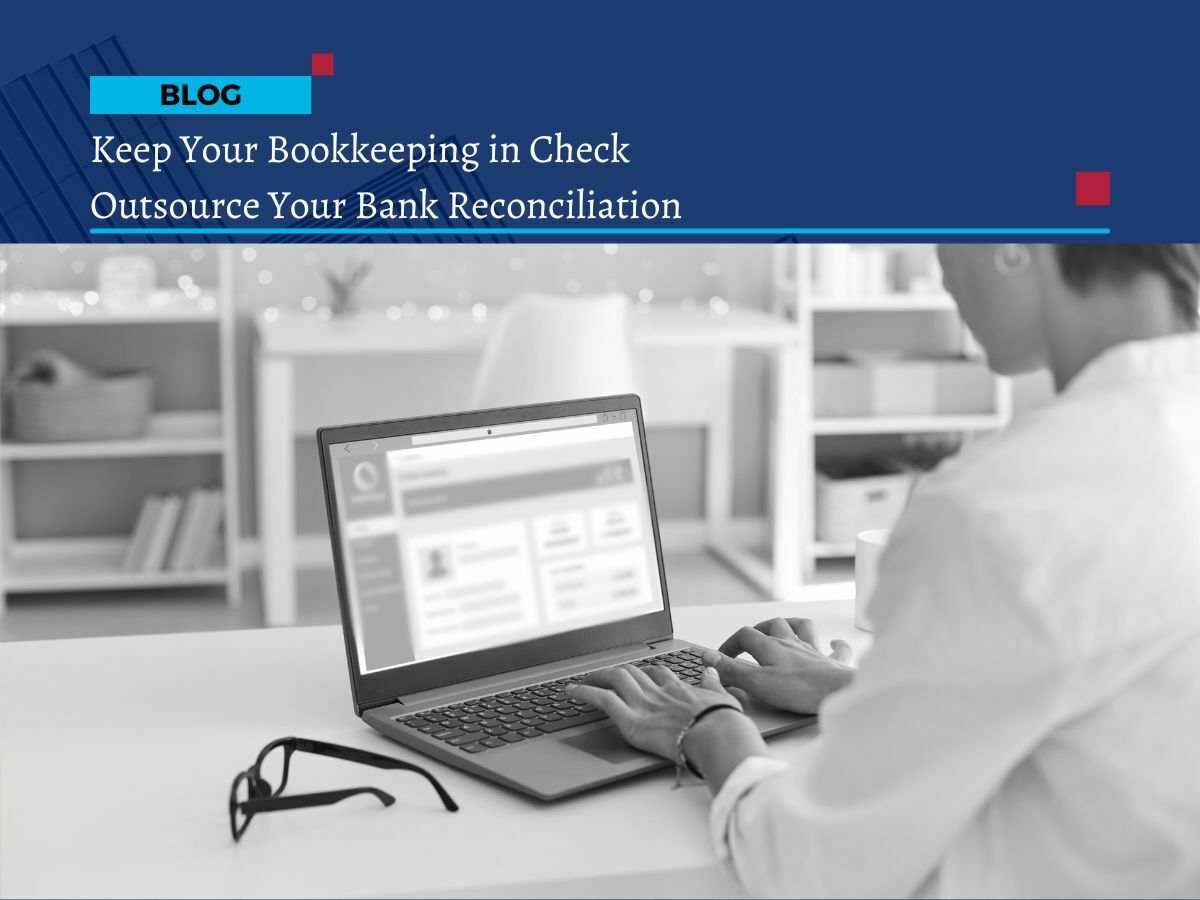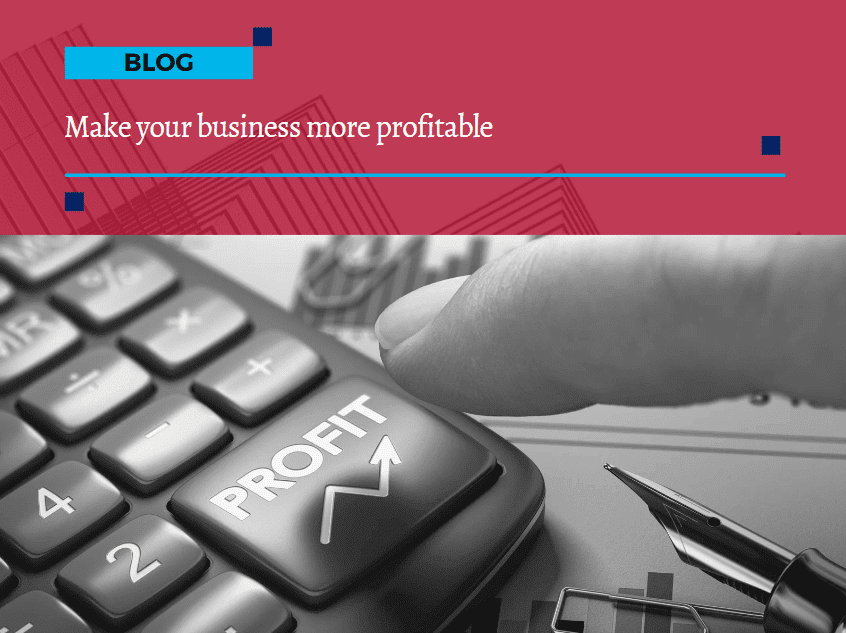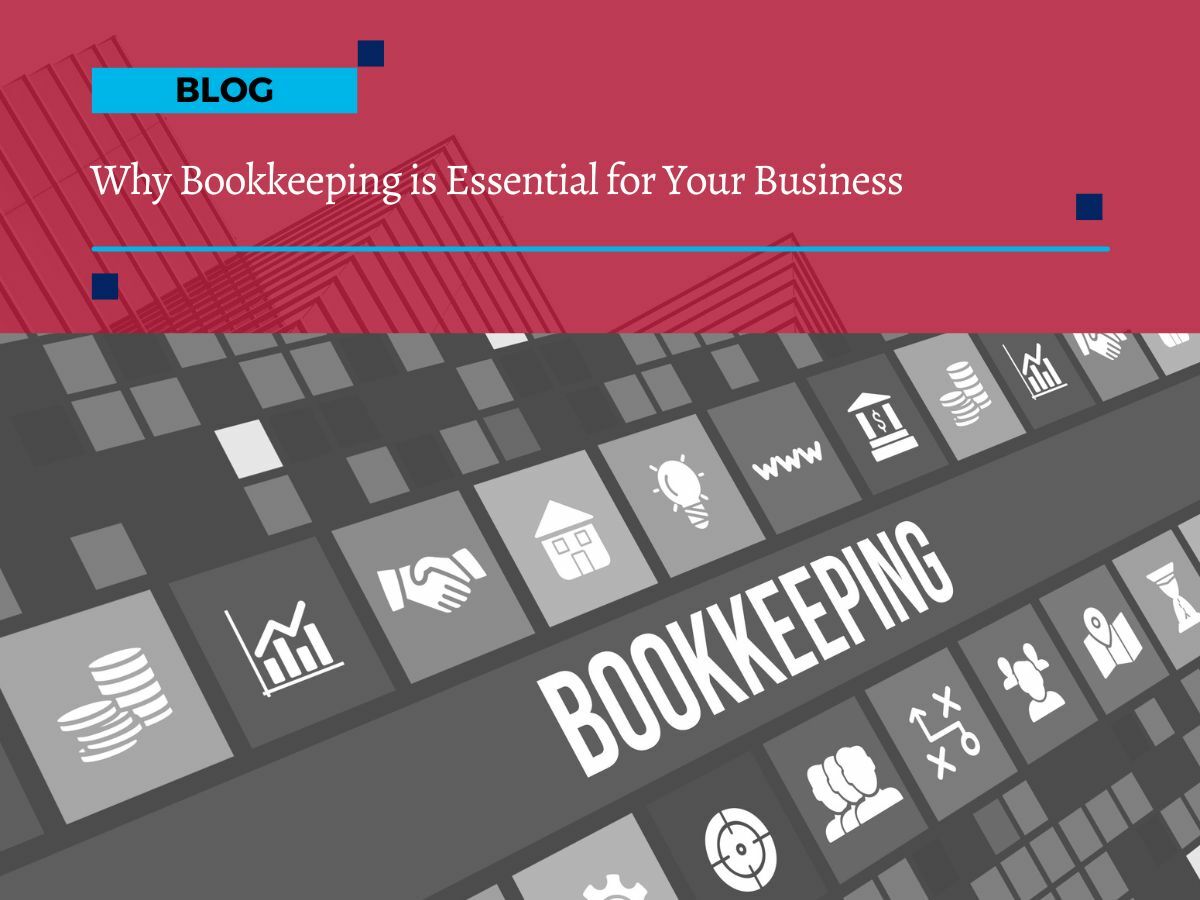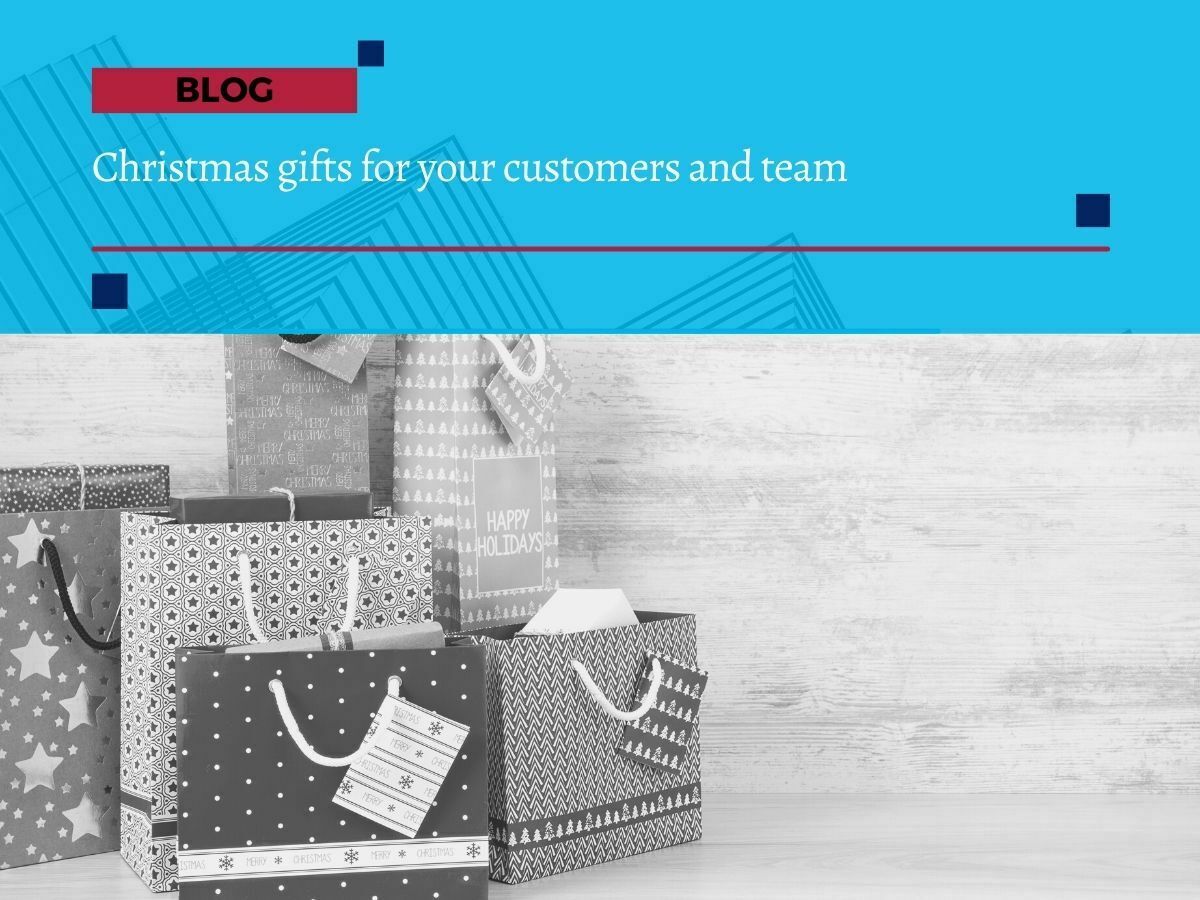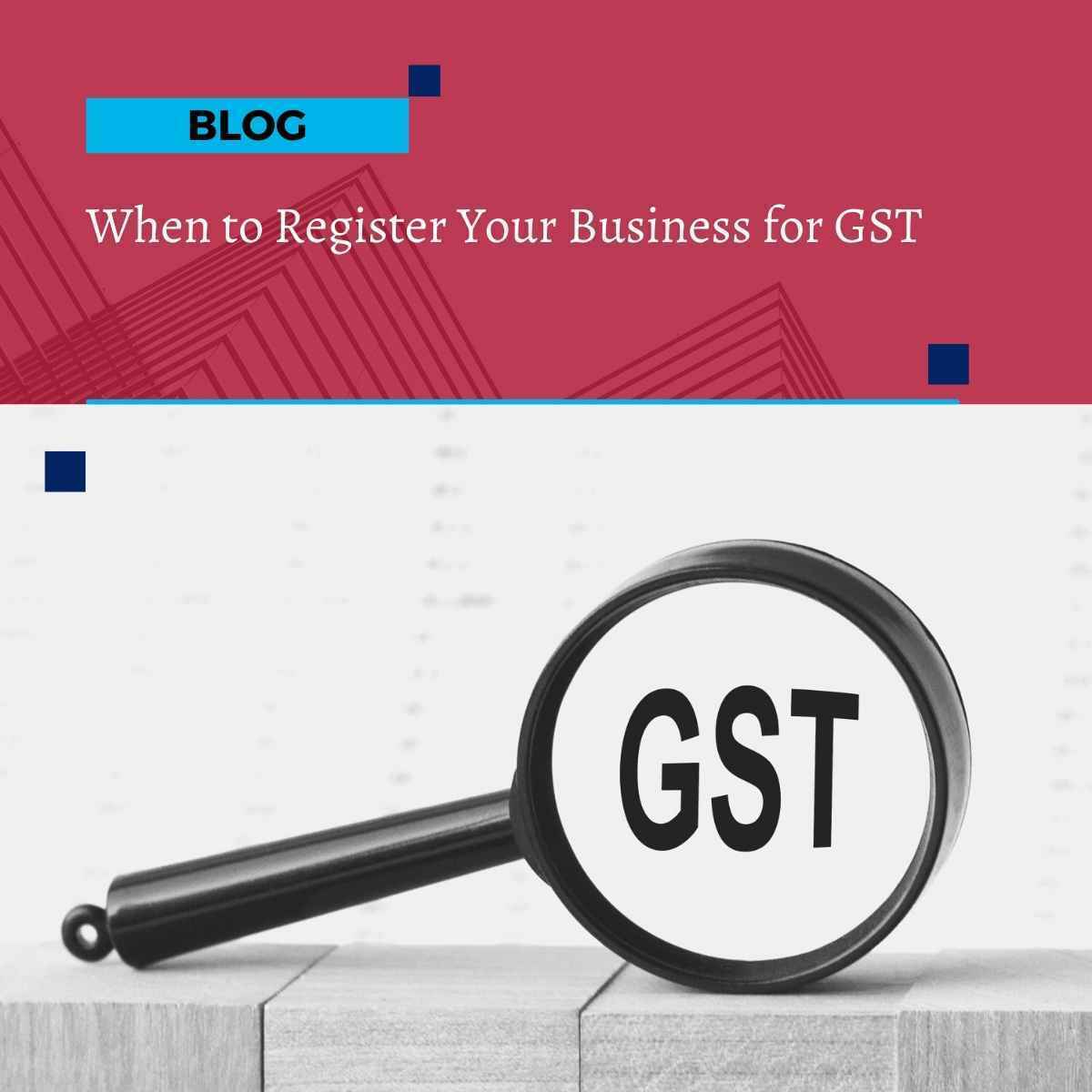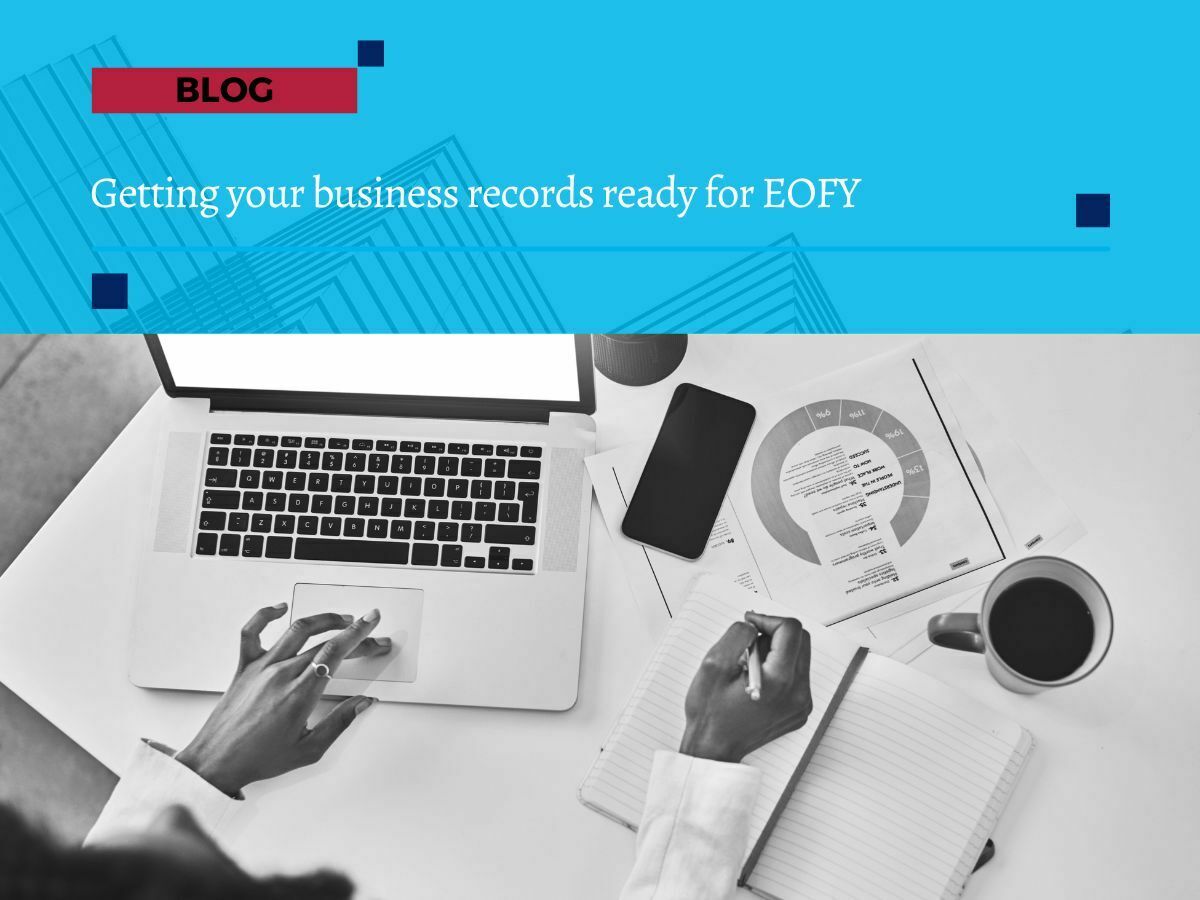
Getting your business records ready
Getting your business records ready for the End of Financial Year.
The end of the financial year can be a hectic time for business owners. Ensuring your records are in order not only helps you comply with legal requirements but also provides a clear picture of your financial health.
Preparing your 2023/2024 business records ahead of time can make the process smoother and less stressful.
This guide will help you understand what records you need to have ready and why it's essential to be organised.
What records do you need to have ready?
Asset Acquisitions and Disposals
Have you bought or sold any assets? Ensure you have full details of all acquisitions and disposals. This includes dates, values, and any associated costs. Proper documentation helps in calculating depreciation and capital gains tax.
Loan and Finance Arrangements
If you have taken out any new loans or other finance, you must have detailed records of these arrangements. This includes the terms of the loans and statements of monies owing as of 30 June. Clear records can prevent any discrepancies and help in financial planning.
Bonds and Deposits
Check that any bonds or deposits paid or received have been allocated correctly. Misallocations can lead to errors in your financial statements.
Prepaid Expenses
Have you prepaid for insurance or other large business expenses? Make sure to apportion these expenses correctly to the financial year they belong to. This helps in accurate expense tracking and budgeting.
Stocktake
If you carry stock, ensure you perform a full stocktake at 30 June unless you qualify for the simplified trading stock rules. Accurate stock records are crucial for determining your cost of goods sold and overall profitability.
Bad Debts
List any bad debts to be written off or pursued. Keeping track of bad debts helps in managing your receivables and can also have tax implications.
Loans with Related Entities
If you have loans with related entities, reconcile the loans to and from each entity to ensure the same value is reported in the accounts of both entities. Consistency in reporting helps maintain accurate financial records.
Payments to Company Directors
Ensure that all payments to company directors have been correctly captured. Accurate recording of these payments is essential for compliance and transparency.
Review Debtors and Creditors
Review your debtors and creditors (accounts payable and receivable). Ensure the list is current and accurate. Keeping this information up-to-date helps in managing your cash flow effectively.
Contact Information
If the contact details of business owners and key personnel have changed, let us and your accountants know. Accurate contact information ensures smooth communication and avoids any delays in the accounting process.
Other Considerations
There may be other matters to discuss such as capital gains, vehicle usage, private usage apportionment, or superannuation. Ensure these are also considered and documented accurately.
Importance of Record-Keeping
Remember, you need to keep all your business records for seven years. Store everything securely and, where possible, electronically for safety and ease. Proper record-keeping not only helps in compliance but also aids in financial planning and decision-making.
Final steps for Financial Year-End Preparedness
Getting your business records ready is not just about compliance; it's about having a clear understanding of your business's financial health. Proper preparation can save you time and stress, allowing you to focus on growing your business.
Talk to us today about how we can help you get your records ready for your accountant. Our expert bookkeeping services ensure your records are accurate, up-to-date, and compliant with all regulations.

